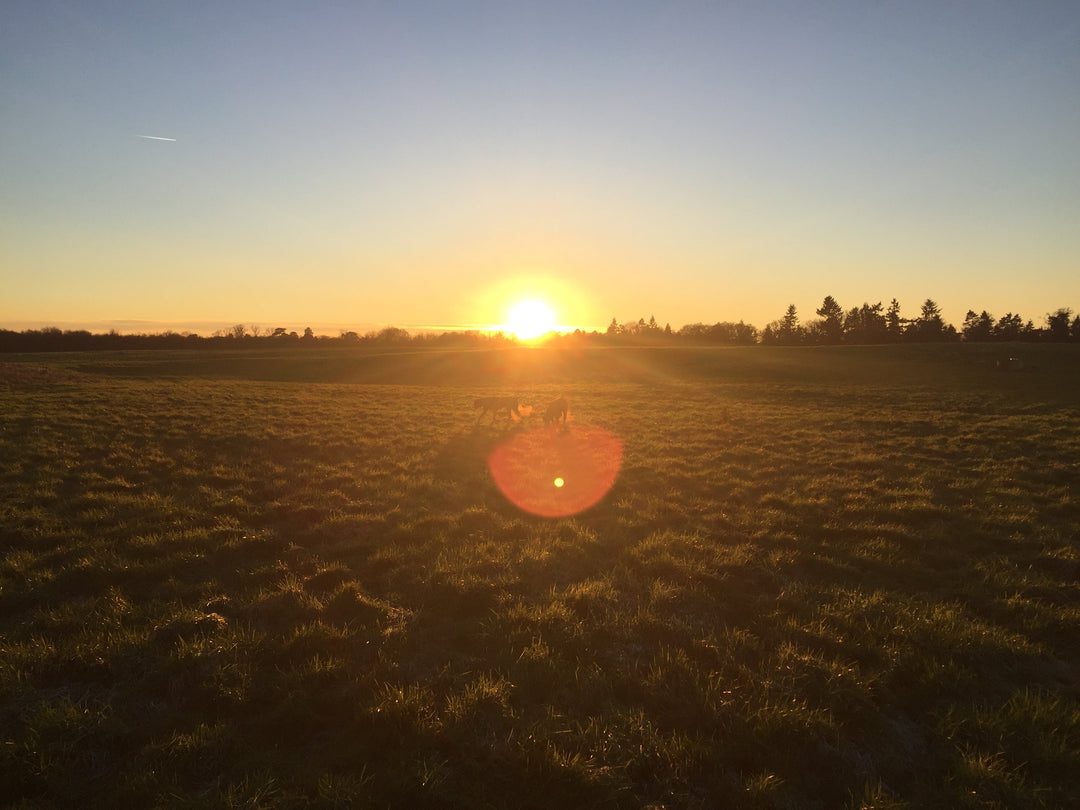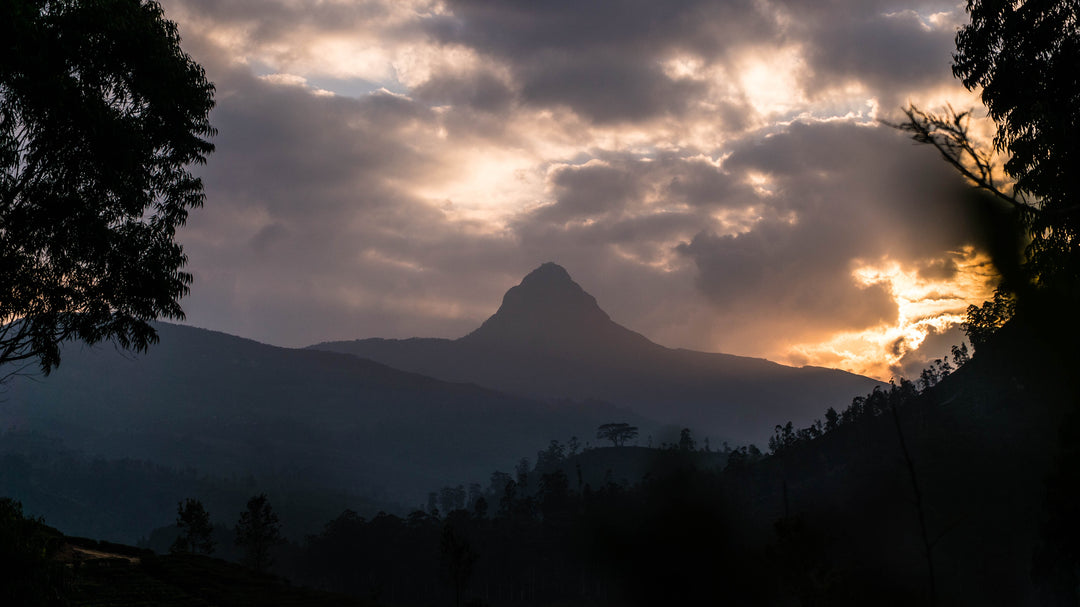Club Guide: Exploring the Historic Hill Club of Nuwara Eliya
Nestled amidst the lush hills of Sri Lanka's central highlands, the Hill Club in Nuwara Eliya stands as a living testament to the island's colonial past. Established in 1876, during the British colonial era, this distinguished club has not only retained its architectural grandeur but also embodies the historical significance of clubs.
The British, in establishing clubs like the Hill Club, aimed to recreate an environment that resembled the comforts and familiarities of their homeland. These clubs served as a sanctuary where expatriates could congregate, engage in leisurely pursuits, and reinforce their sense of community in a foreign land.

The Club House at night
Its establishment coincided with Nuwara Eliya's emergence as a popular hill station, favoured for its cool climate and picturesque landscapes. A respite for those seeking respite from the sweltering heat of the lowlands. With its Victorian architecture and old-world charm, it epitomises the planters’ way of life during colonial times.
These institutions, often modelled after their counterparts in Britain, offered a sense of community and familiarity.
The Hill Club boasts a well-manicured front lawn, a billiards room, and a library adorned with leather-bound volumes, showcasing the interests and pastimes of previous members.

The Club's 100 year old snooker table
Since Colonial times the club has evolved into a symbol of cultural exchange and Sri Lankan heritage. The club's membership has expanded and by opening its doors to the wider community, the Hill Club has become a venue for cultural events, and weddings, etc. Continuing to celebrate Sri Lanka’s rich heritage.
While it began as an exclusive enclave for the British elite, the Hill Club's cultural evolution and inclusivity reflect the changing dynamics of a modern society.

A real Elephant Leg used as an umbrella stand




